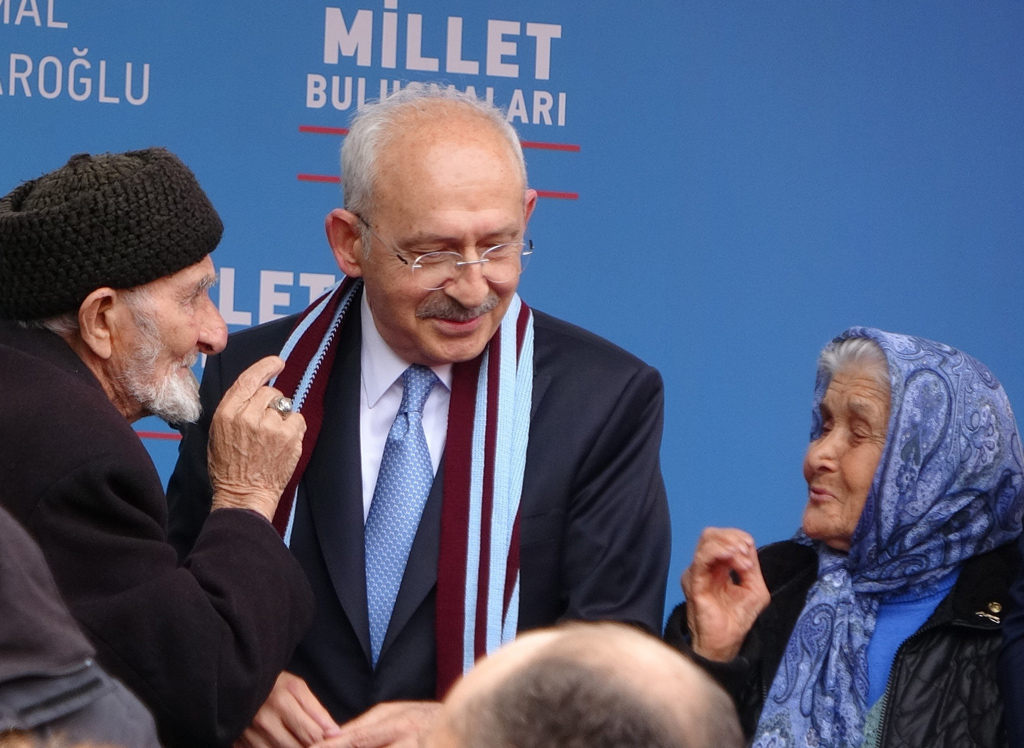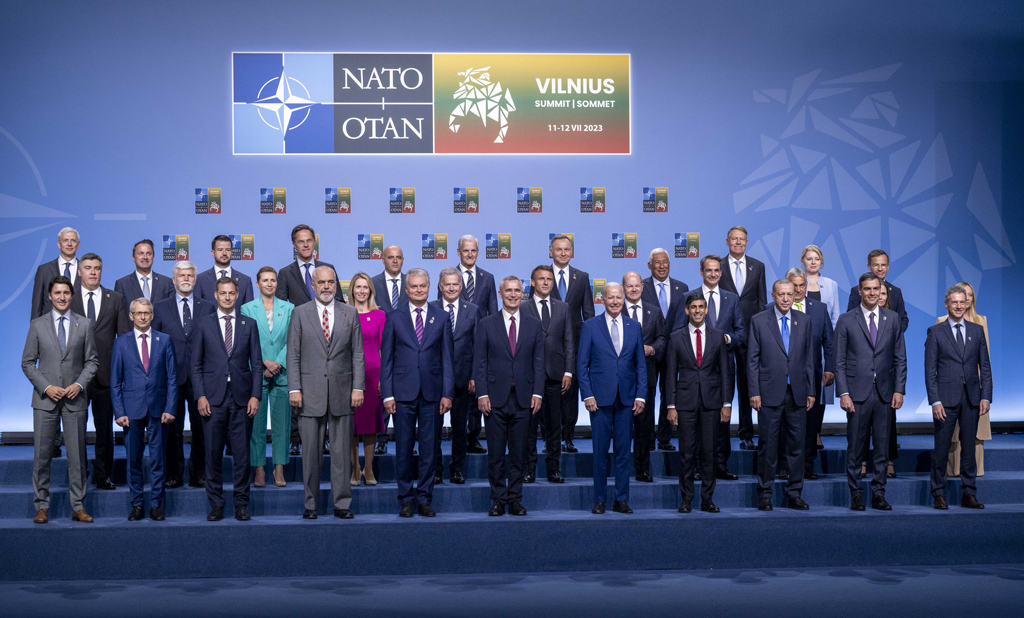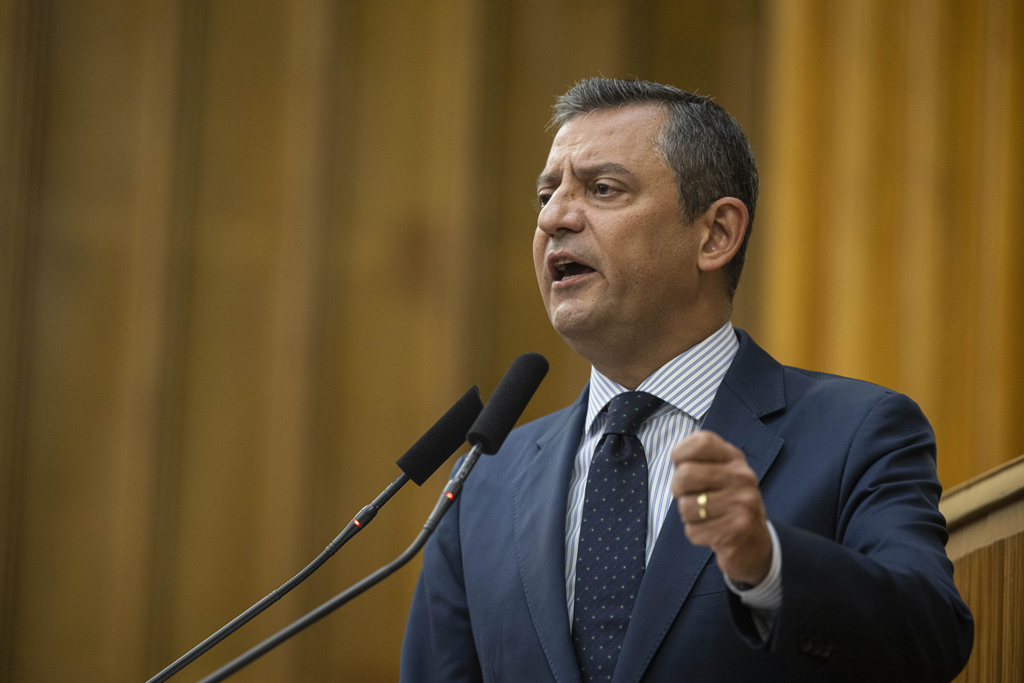
Hell, prayer rug and Turkish opposition's reverse engineering efforts
Political parties in Türkiye are working hard to finalize their candidate lists by the April 9 deadline. The relevant committees probably find it more difficult to select candidates today than ever. The already-complex selection process is further complicated by electoral alliances producing joint lists in certain districts and trying to predict how those decisions may influence the allocation of parliamentary seats.
Share
Political parties in Türkiye are working hard to finalize their candidate lists by the April 9 deadline. The relevant committees probably find it more difficult to select candidates today than ever. The already-complex selection process is further complicated by electoral alliances producing joint lists in certain districts and trying to predict how those decisions may influence the allocation of parliamentary seats.
Although the campaign period is already underway, presidential candidates largely refrain from picking rhetorical fights in the holy month of Ramadan.
President Recep Tayyip Erdoğan’s schedule features iftar dinners, groundbreaking ceremonies in the earthquake-hit zone, and the inauguration of significant projects. In this sense, the incumbent keeps reminding voters that he distinguishes himself from the rest through his history of public service, projects, and actions.
Meanwhile, the main opposition Republican People’s Party (CHP) Chairperson Kemal Kılıçdaroğlu, having received the opposition bloc’s endorsement, attempts to replace his combative attitude with a more inclusive approach. Yet some pro-CHP media personalities continue to threaten to hold the ruling Justice and Development Party (AK Party) circles accountable and put them on trial. In this sense, what we see is reminiscent of the 2019 municipal elections. The CHP leadership claims to welcome everyone, but it continues to fuel polarization in an attempt to consolidate its base. As a result, it won’t be surprising to encounter more heated debates after April 9, especially after Ramadan.
What caught my attention in the current election cycle is the Hell, prayer rug, and reverse engineering, which support certain politicians, to make radical and essentialist distinctions and accusations. Let me elaborate: The essentialist, extreme, and alienating tone that pro-opposition commentators, academics, and media personalities have adopted to “unite the opposition” and mobilize voters have become a cause of concern. For example, the Good Party (IP) Chairperson Meral Akşener’s metaphorical stoning upon leaving the opposition bloc and Muharrem İnce’s ongoing treatment over his decision to contest the presidential election reflect the massive anger that the ultra-secularist opposition has accumulated. By contrast, the Felicity Party (SP), the Democracy and Progress Party (DEVA), and the Future Party (GP) did not encounter a similar reaction from conservatives for joining the CHP-dominated opposition bloc, also known as the “table for six.” In other words, Türkiye’s conservatives – some like to criticize for supposedly being obedient and believing in pre-determinism – have been reflecting on the country’s issues more rationally and with greater common sense than the ultra-secularists.
Tags »
Related Articles








